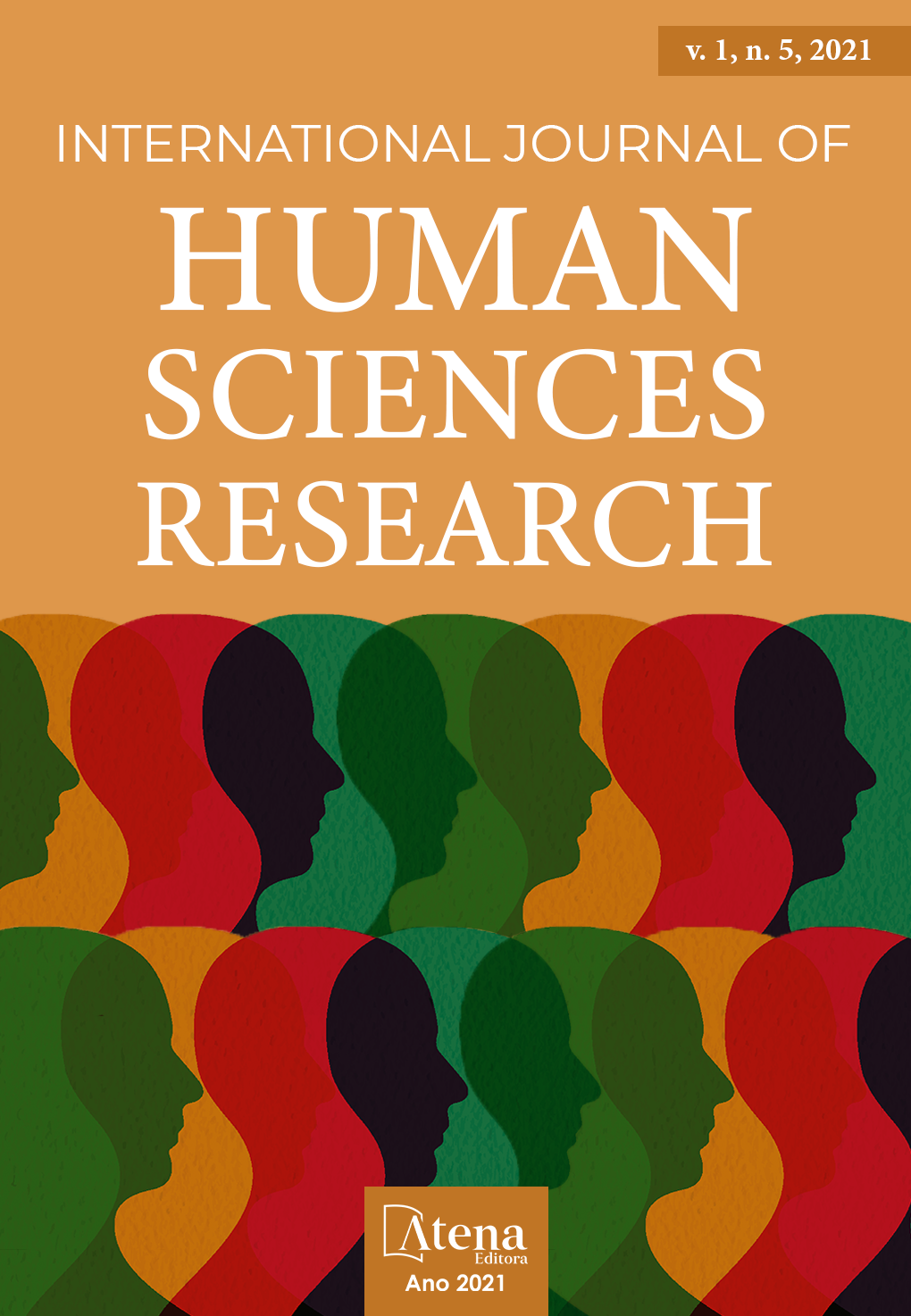
“CIRCULAR ECONOMY IN BRAZILIAN FASHION”; An Exploratory Study from the Interface between Circular Economy and to live well
The linear economy model is based on unlimited economic growth that strains the limits of planetary resilience. In response, the circular economy stands out, which proposes economic growth decoupled from the use of finite resources without the generation of contaminants. However, the circular model does not encompass the salient aspects of Latin American countries. It is necessary to create an interface with schools of thought in Latin America, among them, Bem Viver (To live well), which proposes a biocentric civilizational transformation that refounds the relationship of man with himself, with the community and with Nature based on Human Rights and from nature. Based on the dialogue between the circular economy and Bem Viver (To live well), it is possible to propose the formation of a “circular economy in Brazilian fashion”. Indeed, this article aims to examine the interface of the circular economy with Bem Viver (To live well), in order to assess the intersection between these schools to propose reflections for the construction of the “circular economy in Brazilian fashion”. This research is justified by the novelty of the theme, and the intention of the federal government to formalize a term of commitment to introduce the circular economy in the country. Regarding the methodology, a bibliographic review of the theme was carried out, which, given its novelty, there are still few articles and books available. The article was divided into 5 (five) chapters dealing with the linear economy and its exhaustion, the circular economy and the beginning of its transition in Brazil, from Bem Viver (To live well), the approach and departure of the circular economy with Bem Viver (To live well) and, finally, from the “circular economy to Brazilian fashion”. In conclusion, it is believed that the reflections on the “circular economy in Brazilian fashion” can contribute to the debate on the transformation of society and the national State based on the harmonious coexistence of man with himself, with the community and with Nature as per the Human Rights and the Rights of Nature, and the overcoming of the linear model based on the productive reorganization with the reuse of artifacts as a general rule. This is the challenge of the job.
“CIRCULAR ECONOMY IN BRAZILIAN FASHION”; An Exploratory Study from the Interface between Circular Economy and to live well
-
DOI: 10.22533/at.ed.5582103126
-
Palavras-chave: Linear Economics; Circular Economy; European Union; Well Living; Brazil
-
Keywords: Linear Economics; Circular Economy; European Union; Well Living; Brazil
-
Abstract:
The linear economy model is based on unlimited economic growth that strains the limits of planetary resilience. In response, the circular economy stands out, which proposes economic growth decoupled from the use of finite resources without the generation of contaminants. However, the circular model does not encompass the salient aspects of Latin American countries. It is necessary to create an interface with schools of thought in Latin America, among them, Bem Viver (To live well), which proposes a biocentric civilizational transformation that refounds the relationship of man with himself, with the community and with Nature based on Human Rights and from nature. Based on the dialogue between the circular economy and Bem Viver (To live well), it is possible to propose the formation of a “circular economy in Brazilian fashion”. Indeed, this article aims to examine the interface of the circular economy with Bem Viver (To live well), in order to assess the intersection between these schools to propose reflections for the construction of the “circular economy in Brazilian fashion”. This research is justified by the novelty of the theme, and the intention of the federal government to formalize a term of commitment to introduce the circular economy in the country. Regarding the methodology, a bibliographic review of the theme was carried out, which, given its novelty, there are still few articles and books available. The article was divided into 5 (five) chapters dealing with the linear economy and its exhaustion, the circular economy and the beginning of its transition in Brazil, from Bem Viver (To live well), the approach and departure of the circular economy with Bem Viver (To live well) and, finally, from the “circular economy to Brazilian fashion”. In conclusion, it is believed that the reflections on the “circular economy in Brazilian fashion” can contribute to the debate on the transformation of society and the national State based on the harmonious coexistence of man with himself, with the community and with Nature as per the Human Rights and the Rights of Nature, and the overcoming of the linear model based on the productive reorganization with the reuse of artifacts as a general rule. This is the challenge of the job.
-
Número de páginas: 25
- Marcos Paulo Marques Araujo


